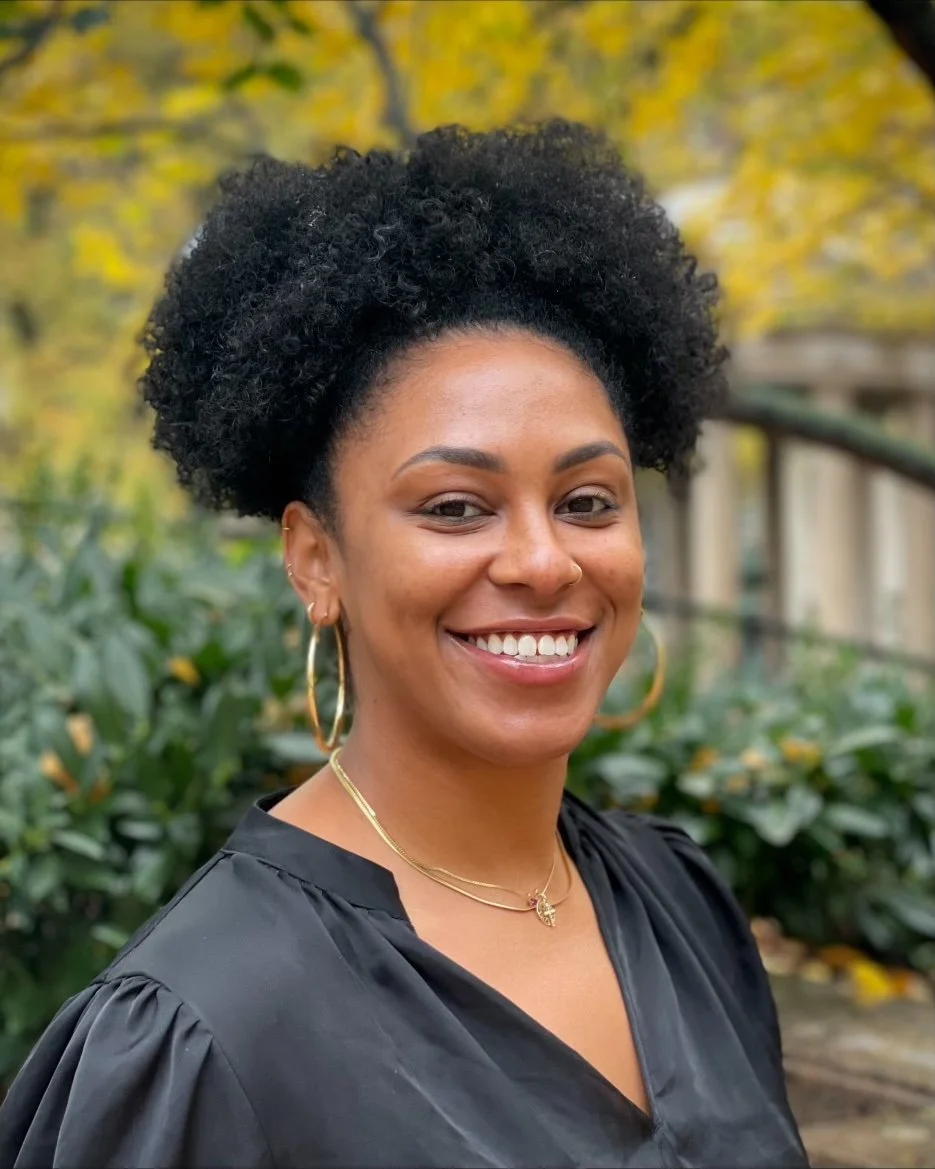About Us
Grounded in Care, United in Purpose
Vision
We envision a world where healing, safety, and support are accessible to everyone—especially those impacted by gender and power-based harm. By centering survivor voices, challenging harmful norms, and pushing for real change, we’re working toward a future where violence is neither normalized nor ignored.
Mission
Our mission is to help people, communities, and organizations prevent harm, respond with care, and build environments where healing and connection can thrive. Through interactive training, practical tools, and culturally grounded support, we work to shift culture, strengthen systems, and create lasting change.
Meet the Founder
Crisis Prevention and Recovery Collective (CPRC) was founded by Zoë Aoussou, a trusted leader with over a decade of experience in advocacy, education, and direct service. Her work spans crisis prevention, survivor-centered response, and systems-level change across institutions and communities.
Zoë created CPRC to bridge the gap between policy, practice, and people. Drawing from her background in direct service and public-facing education, she built a collective of interdisciplinary experts committed to practical, trauma-informed solutions that strengthen safety, accountability, and care.
Under her leadership, CPRC partners with organizations to prevent harm, support recovery, and build environments where individuals and communities can thrive. Every engagement grounded in a holistic, healing-centered approach designed to create meaningful, lasting impact.
Our Approach
Our intersectional approach recognizes how overlapping identities (race, gender, sexuality, etc.) shape individuals' experiences with violence. We design inclusive, culturally responsive strategies that address systemic inequalities and diverse community needs.1
Intersectional
Our holistic approach supports the whole person—physical, emotional, psychological, and social well-being. We integrate services across sectors to promote healing, resilience, and long-term recovery beyond the immediate crisis.
2
Holistic
CPRC’s trauma-informed work prioritizes safety, empowerment, and respect. We create supportive environments that recognize the impact of trauma, avoid re-traumatization, and center survivors’ voices in all we do.


